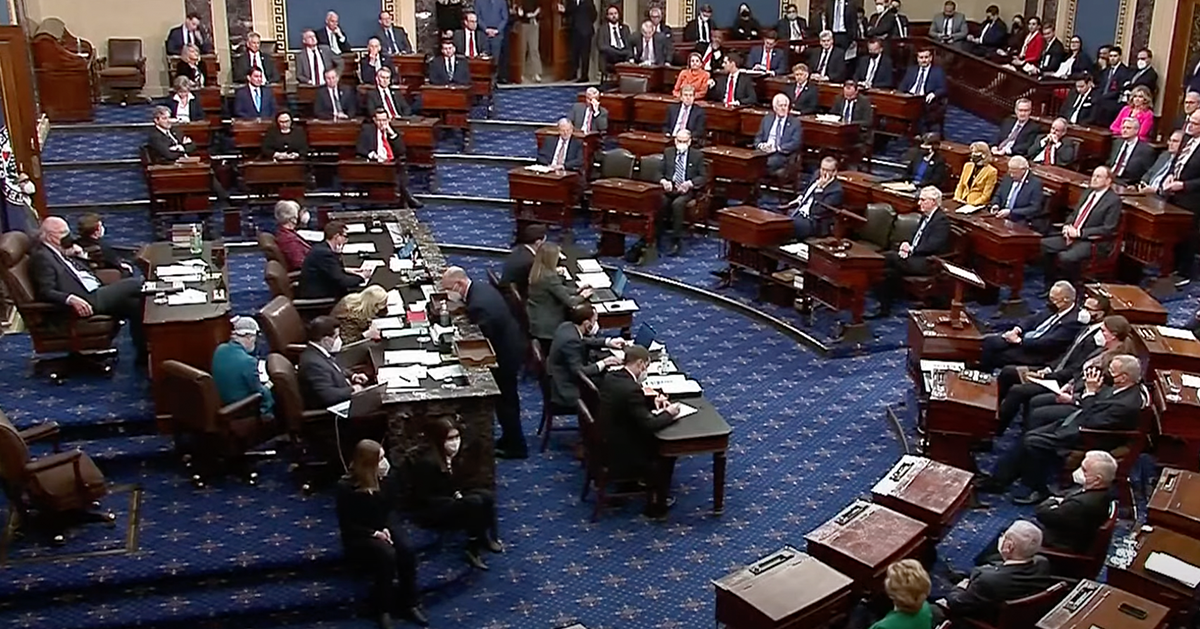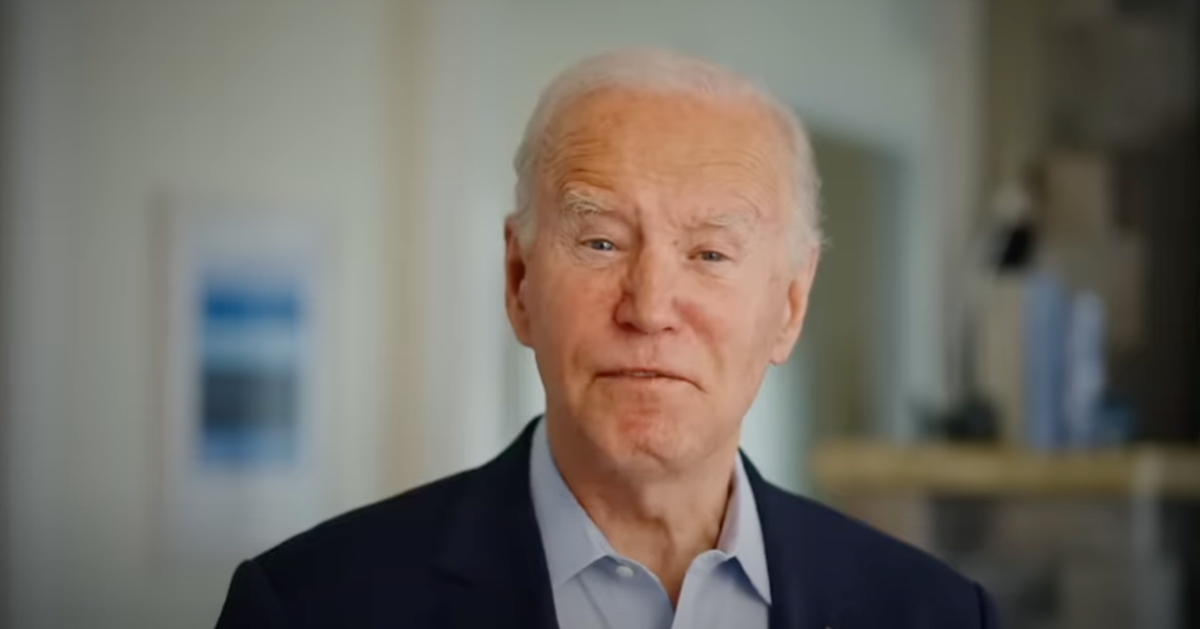Bill Gates shifts from climate chance focus to concentrate on poverty, disease
Hold onto your hats, folks -- Bill Gates just dropped a climate bombshell that has the green crowd scratching their heads.
In a freshly penned essay released on Monday, the Microsoft co-founder argues for a dramatic pivot in global climate strategy, urging a focus on tackling poverty, disease, and hunger -- especially in the world’s most vulnerable regions -- rather than obsessing over carbon emissions and temperature targets, as Fox News reports.
Now, Gates isn’t tossing out the climate fight entirely; he has long backed policies to curb global warming and still sees value in every fraction of a degree prevented. But he’s crystal clear that the thermometer shouldn’t be the sole measure of human well-being. This isn’t just a tweak -- it’s a full-on challenge to the eco-establishment’s playbook.
Gates challenges climate orthodoxy in essay
Gates insists that resources should be funneled toward improving lives in the hardest-hit areas, where scorching heat is just one of many brutal struggles. He’s not wrong to point out that a number on a climate chart doesn’t capture the daily grind of the world’s poorest.
“Climate change, disease, and poverty are all major problems,” Gates wrote. “We should deal with them in proportion to the suffering they cause.” Well, that’s a polite way of saying the progressive agenda might be missing the forest for the trees, prioritizing symbolic wins over real human hardship.
Timing couldn’t be more pointed, with this essay landing just ahead of the COP30 summit in Brazil next month. Gates seems to be lobbing a grenade into the room before the usual crowd even gathers to chant their emissions mantras. It’s a gutsy move, and one wonders if the climate elite will dare engage with this heresy.
Poverty trumps temperature for Gates
Gates argues that while rising temperatures will hit the poorest nations hardest, climate isn’t always their biggest threat. Hunger and preventable diseases often loom larger, and he’s pushing for a strategy that matches resources to actual suffering. It’s a refreshing dose of common sense in a world often blinded by trendy causes.
“Although climate change will hurt poor people more than anyone else, for the vast majority of them it will not be the only or even the biggest threat to their lives and welfare,” Gates added. If that doesn’t poke a hole in the one-size-fits-all climate narrative, what will? It’s a reminder that real compassion looks at the whole picture, not just the poster child issue of the day.
Let’s not pretend Gates is some anti-climate crusader, though. He acknowledges that every bit of warming stopped makes life easier for everyone, especially the vulnerable. But his priority is clear: human suffering must take center stage over abstract metrics.
Balancing climate goals with human needs
For years, Gates has poured billions into global health, education, and development through his Gates Foundation, showing he’s no stranger to tackling root causes of misery. This essay feels like a natural extension of that mission, blending climate concerns with a broader fight for human dignity.
Still, his stance raises eyebrows among those who’ve made emissions reduction a near-religious quest. Redirecting focus to poverty and disease might sound noble, but it risks diluting the urgency of the carbon crusade -- or so the critics will claim. Yet isn’t it worth asking if saving lives today matters more than a decimal point on a graph tomorrow?
Gates doesn’t believe climate change spells doom for humanity, even if it brings serious pain, especially to the disadvantaged. He’s betting we can handle the heat if we prioritize lifting people out of despair. That’s a gamble, but it’s grounded in a belief that human resilience, not just regulation, is key.
A call to reframe priorities
The tech titan’s words carry weight, given his track record of philanthropy and influence. His push to “improve lives” over chasing temperature goals might just force a reckoning in how we allocate global resources. It’s a debate long overdue, especially when so many suffer while elites fret over carbon footprints.
At its core, Gates’ argument is a plea for proportionality -- a reminder that climate change, while real, shouldn’t eclipse other crises that ravage the poor. His essay isn’t a rejection of environmentalism but a call to balance it with humanity’s immediate needs. That’s a perspective conservatives can rally behind, one that values people over political posturing.
So, as the COP30 summit looms, expect Gates’ ideas to stir the pot. Will world leaders listen, or will they cling to the same old emissions obsession? One thing’s for sure -- this shift in focus from a heavyweight like Gates isn’t something they can easily ignore, no matter how uncomfortable it makes the climate orthodoxy.






